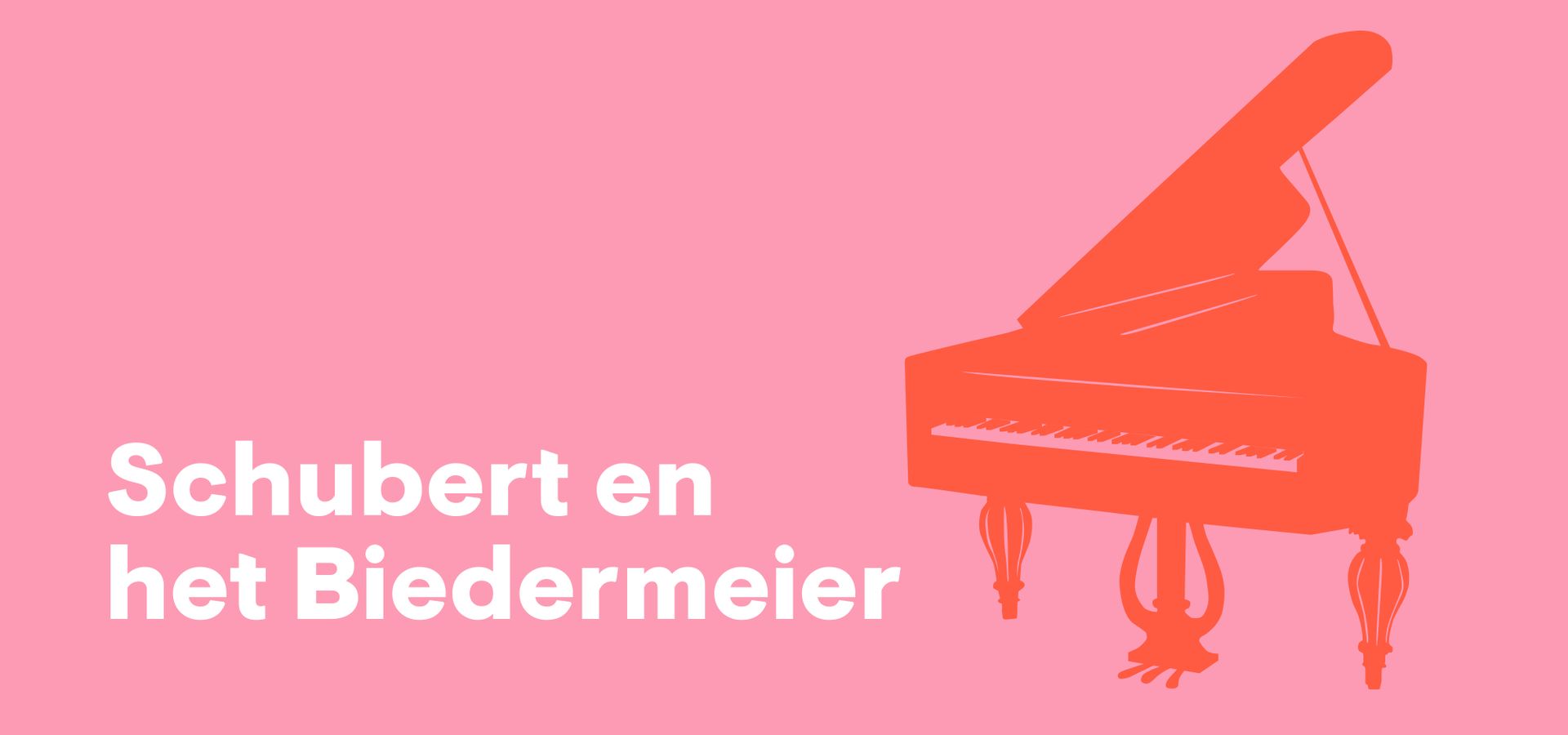
Schubert and the Biedermeier Period
Schubert’s short life coincided with one of the most tumultuous periods in European history, in which the earth-shattering events of the French Revolution were followed by the turbulent years of the Napoleonic Wars. Schubert experienced the conflict first-hand in 1809, when a hostile projectile punched through the roof of the boarding school where he resided as a choirboy during the siege of Vienna.
And it was at the Congress of Vienna (1814-15) that the leading powers redrew the map of Europe in an attempt to restore order. However, these decision-makers were all aristocrats and could think of no better solution than to turn back the clock a few decades. A foolish choice, to put it mildly, for it essentially guaranteed the outbreak of new revolutions.
Restoration Policy
In the Austrian Empire, Metternich’s repressive restoration policy provoked much resistance among younger generations, and there are suggestions that Schubert, during his stint as a schoolteacher, was sympathetic to the student protests. He was even arrested and interrogated by the police at one point, along with a friend. Schubert was reprimanded and released; his friend was not so lucky.
Public life during this period was like a minefield, and the secret police were extremely active. No wonder, then, that cultural life largely went into a self-imposed lockdown, retreating to the safety of the living room, where the censors held no sway. Later, this period was often somewhat derogatorily referred to as the Biedermeier period, and came to be associated with the sentimental indolence of the emerging bourgeoisie. That view was more parody than truth, however. Despite Schubert’s fondness for intimate, domestic genres, the sheer expressive power of his music is more than a match for the powerhouse that was Beethoven.
Schubertiades
An important factor in the dissemination of Schubert’s music were the so-called Schubertiades, informal gatherings at the homes of Schubert’s wealthier friends where many of his new works were performed. A particularly large number of his songs premiered at these occasions, generally with Schubert himself on the piano. While he occasionally sang as well, he usually preferred to leave the vocal parts to his friend, the famous baritone Johann Michael Vogl.

